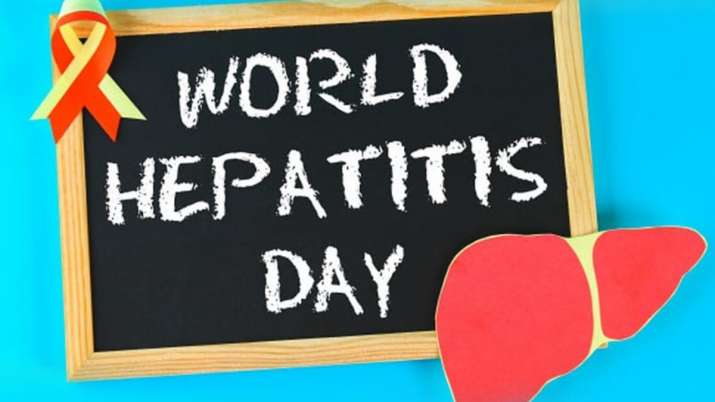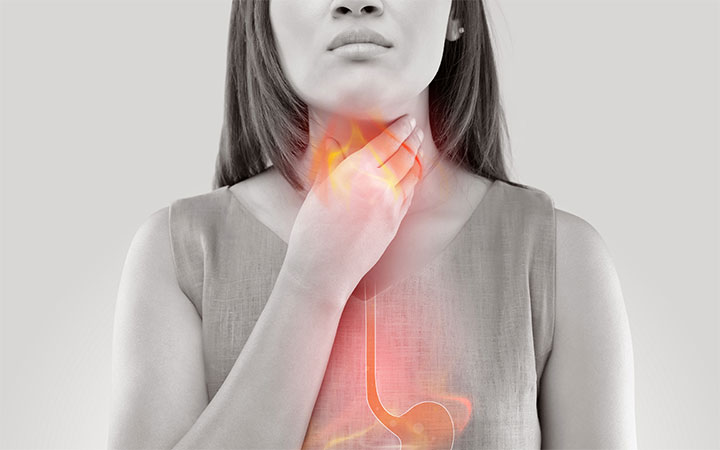Dr. Prasanna K S, Consultant -Hepatology, Transplant physician Fortis Hospitals, Bannerghatta Road
28th July is observed as World Hepatitis Day to raise awareness about hepatitis. Autoimmune Hepatitis (AIH), a rare long-term inflammation of the liver that occurs when your body’s immune system turns against liver cells and causes severe liver cell damage and ends up with cirrhosis. The exact cause of autoimmune hepatitis is unclear, but genetic and environmental factors appear to interact over time in triggering the disease. It is a chronic condition that can result in cirrhosis (scarring) of the liver, leading to liver failure.
Causes for AIH include:
AIH happens when your insusceptible framework confuses your liver cells with unfamiliar aggressors and makes antibodies to assault them. Certain factors could be:
- A family history of AIH
- Although both genders are susceptible to this disease, it happens to be more common in young females.
- Environmental triggers, such as prescribed medications like nitrofurantoin, minocycline, etc, and infections such as viral hepatitis, herpes simplex virus, and cytomegalovirus, have been associated with the precipitation of AIH.
- People who already have an autoimmune disease such as celiac disease, rheumatoid arthritis or hyperthyroidism, may be more likely to develop AIH.
Common symptoms to look out for:
Some people are asymptomatic while others may experience initial symptoms like:
- Nausea
- Skin rashes
- Fatigue, weight loss
- Jaundice
- Abnormal menstrual periods
- Joint pains, Abdominal discomfort
- Abnormal blood vessels on the skin (spider angiomas)
- An enlarged liver (hepatomegaly) and/or spleen (splenomegaly).
If not diagnosed and treated timely can develop significant liver damage, complications of liver cirrhosis and liver failure
Diagnosing AIH:
AIH can be effortlessly mistaken for different ailments as the symptoms overlap with those of viral hepatitis. To make an appropriate analysis, different blood tests and liver biopsy to determine the type of AIH you have and/or rule out viral hepatitis. Tests and procedures used:
- Blood test samples for antibodies can distinguish autoimmune hepatitis from viral hepatitis and other conditions with similar symptoms and also help pinpoint the type of AIH you have.
- To confirm the diagnosis and to determine the degree and type of liver damage, a Liver biopsy is performed.
Treating AIH:
Those with AIH are usually started on corticosteroids which also serve as immunosuppressants or aggressive steroid regimens to directly treat liver inflammation. The initial treatment is usually prednisone used as induction therapy along with a second medication, azathioprine for long term maintenance. Treatment can slow down, stop, and sometimes reverse liver damage. Liver transplant is needed if patient presents with liver failure. Timely therapy can save patients from complications and would do well in the long term











